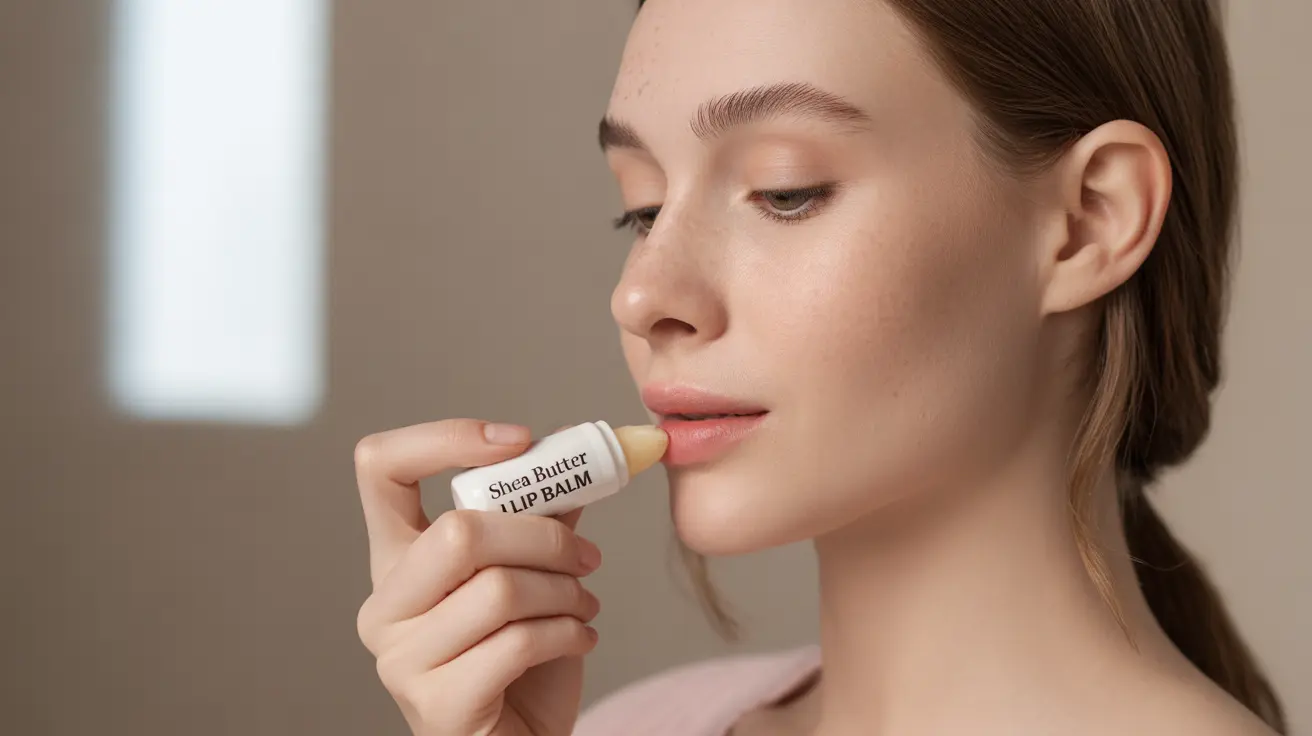Constantly licking your lips might feel like a natural response to dryness, but this common habit can actually lead to more harm than good. Understanding why we lick our lips and learning effective strategies to break this cycle is crucial for maintaining healthy, moisturized lips.
In this comprehensive guide, we'll explore why lip licking is problematic, what triggers this behavior, and most importantly, practical solutions to help you stop this habit once and for all.
Understanding the Lip-Licking Cycle
When you lick your lips, your saliva temporarily provides moisture, but quickly evaporates, leaving your lips drier than before. This creates a vicious cycle: the more you lick your lips, the drier they become, prompting you to lick them again. This pattern can lead to chapped, irritated, and even cracked lips.
Common Triggers for Lip Licking
Several factors can contribute to frequent lip licking:
- Anxiety or stress
- Dehydration
- Dry indoor air
- Certain medications
- Weather conditions (cold, wind, or sun exposure)
- Habitual behavior
- Medical conditions affecting saliva production
Breaking the Habit: Effective Strategies
Stay Hydrated
Proper hydration is essential for maintaining moisture in your lips naturally:
- Drink at least 8 glasses of water daily
- Use a humidifier in dry environments
- Avoid excessive caffeine and alcohol
- Breathe through your nose instead of your mouth
Use Proper Lip Care Products
Investing in the right lip care products can help break the lip-licking cycle:
- Apply a quality, fragrance-free lip balm
- Choose products with SPF protection
- Use overnight lip treatments
- Consider natural options like coconut oil or shea butter
Behavioral Modification Techniques
Breaking any habit requires conscious effort and strategy:
- Practice mindfulness to catch yourself when licking
- Keep your hands occupied with stress balls or fidget toys
- Apply lip balm whenever you feel the urge to lick
- Set reminders to check your behavior throughout the day
Prevention and Long-Term Care
Maintaining healthy lips requires ongoing care and attention:
- Protect lips from harsh weather conditions
- Avoid flavored lip products that might tempt you to lick
- Replace harmful habits with positive ones
- Consider using lip masks weekly for extra moisture
When to Seek Medical Help
While most cases of lip-licking can be addressed with self-care, some situations warrant professional attention:
- Severe cracking or bleeding
- Signs of infection
- Persistent dryness despite treatment
- Underlying conditions causing excessive dry mouth
Frequently Asked Questions
Why does licking my lips make them more dry and irritated instead of relieving dryness?
Saliva contains digestive enzymes that can break down lip tissue. When you lick your lips, the moisture quickly evaporates, taking your lips' natural oils with it and leaving them drier than before. This creates a damaging cycle of increasing dryness and irritation.
What are the main causes that trigger frequent lip licking?
Common triggers include anxiety, dehydration, dry environmental conditions, certain medications, and habitual behavior patterns. Some people may also lick their lips more frequently due to medical conditions affecting saliva production or as a response to stress.
What practical steps can I take to stop the habit of licking my lips?
Focus on staying hydrated, using quality lip balm regularly, practicing mindfulness to catch yourself when licking, and keeping your hands or mouth occupied with alternatives like sugar-free gum. Setting reminders and tracking your progress can also help break the habit.
How can moisturizing products like lip balm or lip oil help prevent lip licking?
These products create a protective barrier on your lips, keeping moisture locked in and preventing evaporation. They also provide immediate relief from dryness, reducing the urge to lick your lips. Choose products with nourishing ingredients and apply them consistently throughout the day.
When should I see a doctor for persistent dry or cracked lips caused by lip licking?
Seek medical attention if you experience severe cracking, bleeding, signs of infection, or if the condition persists despite consistent self-care measures. A healthcare provider can evaluate whether underlying conditions are contributing to the problem and recommend appropriate treatment.




